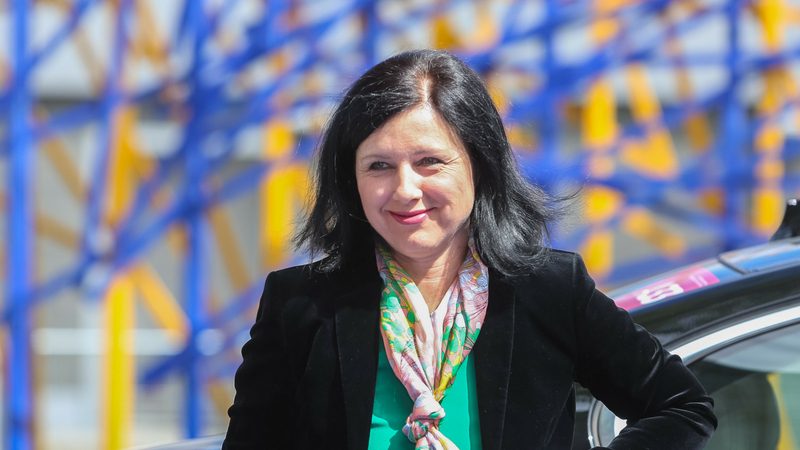New, tougher guidelines will be published later this year to regulate golden passports as the European Commission was “extremely concerned” with the issue, EU Justice Commissioner Věra Jourová said.
In an interview with German newspaper Die Welt, Jourová criticised the practice of a number of member countries’ practice of awarding golden passports to rich people from outside the EU bloc and urged them to do more to ensure that citizenship was not granted to criminals.
“An increasing number of EU countries have spent more and more citizenship on third-country nationals over the past few years if they have previously invested large sums of money in the country,” Jourova said.
Malta and Cyprus were among the countries mentioned in the article. Brussels argues that citizenship should be awarded only in cases where there is a genuine link to the country concerned, but decisions are a matter for individual countries.
Even Greece, Bulgaria, Portugal, Lithuania, Latvia and Hungary were listed as examples of EU states that had handed out a significant number of citizenships to wealthy Russians, Chinese, Africans and Turkish people in exchange for investment.
Awarding citizenship can be a “serious security risk” because, among other things, it allows holders free movement within the EU.
Jourova said the EU’s executive commission will examine each member country’s practices in granting citizenship to people from outside the bloc. She said she has brought forward a report due in December, now to be released after summer.
“The EU will then issue new, tougher guidelines calling for member countries to guarantee that candidates for citizenship won’t damage the bloc,” she added
She said that some countries must do more so that citizenship is not awarded to criminals who want to endanger Europe’s security or engage in money-laundering.
The EU must not become a safe haven for criminals, corruption and dirty money, Jourová said.
The Commissioner had criticised Malta’s track record on corruption, money laundering and security, as well as the passport sales scheme that has so far issued over 700 individuals in exchange for investments and cash donations to the government since 2014.
“Money laundering, citizenship for sale, security, corruption all pose a threat to security, the rule of law and democracy,” together with killings of journalists and harassment from public servants on civil society, she had said during a press conference in Malta last June.
In an interview published earlier this month by the European Centre for Press and Media Freedom and The Shift News, Jourová emphasised that there must be no impunity for those who ordered the killing of journalist Daphne Caruana Galizia and pays tribute to the work of Europe’s press freedom community.













